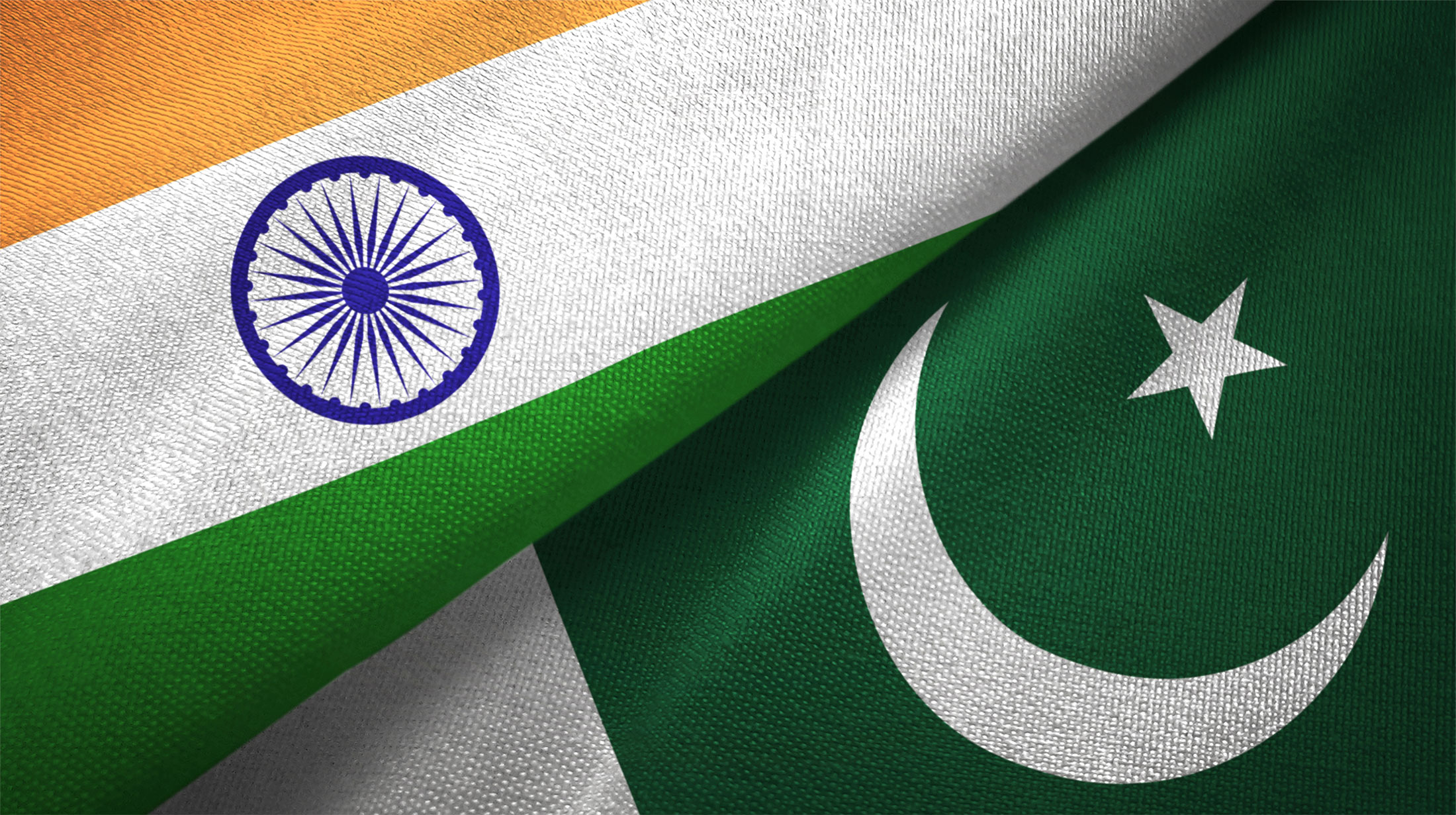CANADA BETS ON CARNEY AS LIBERALS WIN ELECTION
As expected, Canada’s Liberal Party won a fourth consecutive term in office on April 28 in a race which was broadly seen as a referendum on U.S. President Donald Trump’s provocative, if not demeaning, calls for Canada to join the U.S. as the 51st state and his repeated denigration of former, long-time Liberal Prime Minister Justin Trudeau as “Governor.” Trudeau’s successor as party leader is Mark Carney who reportedly secured 168 seats of the 172 seats needed to form a majority government. The Conservatives took 144 seats, with the remainder divided between smaller parties, including the New Democrats and the Quebec secessionist Parti Quebecois.
As recently as three months ago, the Liberals were polling more than 20 points behind the Conservatives. The party leader, Pierre Poilievre, regularly made mincemeat of Trudeau during weekly “Prime Minister’s Questions” in the Ottawa parliament. As we reported at the time, Trudeau was replaced as Liberal Party leader and Prime Minister on March 14 by Mark Carney. The latter was broadly viewed as a safe pair of hands from his experience as Governor of the Bank of England during Brexit, as well as head of the Canadian Central Bank during the 2008 financial meltdown. He immediately called for a snap election on April 28, while simultaneously dropping offensive Liberal tax and carbon policies, effectively taking away Poilievre’s key talking points with this action. With Trump’s unilateral declaration of a trade war with Canada following his inauguration on January 20, the election turned out to be Carney’s to win and, in the gambit, he prevailed. Exemplifying the extent of the change in the Conservative’s fortunes, Poilievre even failed to maintain his own seat.
Comment: Carney has indicated his intention to renegotiate the current USMCA Trade Agreement (the successor to NAFTA), perhaps the only objective he holds in common with Donald Trump. What either leader expects to achieve from this intention is not clear. What is clear is that Carney’s tone and anti-American rhetoric is – if anything – equal in terms of harshness to utterances by the President. He declared repeatedly throughout the campaign, and in his victory announcement, that the old security and economic relationship with the U.S. is over and that we have entered a new era. This may be the case, but finding new markets as conveniently located as those in the United States is easier said than done. During the last century – in 1911 and again in 1930 – Canadian governments tried to reorient their economies away from the USA. Each instance had different reasons, but over time, political fences were mended, and trade boosted to new, record levels. In 2025, U.S.-Canada economic (and political) relations obviously need to be recalibrated. But it may take new personalities in both Ottawa and Washington to do so. End Comment.
THE IBERIAN POWER OUTAGE: CAN IT HAPPEN HERE?
A frantic search is underway to determine what, exactly, caused Spain and Portugal to lose power on April 28, leaving millions of people without access to basic modern necessities. The answer will have serious ramifications for the two countries — and for Europe and the USA, where everyone is asking: Can it happen here? “Yes, most certainly,” was the response of a SocoSIX energy expert at the TVA. “And it is a potential disaster which we must address now as a matter of urgency.”
The EU has been pressing the Iberian Peninsula, which has long operated as an energy island within the bloc, to better link up to Europe’s grids. Since the latest outage, specialists have been debating whether greater interconnectivity could have prevented the massive blackouts, or could such a situation place more countries at risk of experiencing spillover effects? Another concern was whether this blackout was caused by cyber-saboteurs launching a strike on Europe? There has been no evidence produced thus far which leads to such a conclusion, but successful cyber-attacks on power grids are certainly a future concern. Governments must do what they can to anticipate the danger from all possible sources.
What we know thus far from Spanish government announcements is that the blackout was caused by a very strong oscillation in the electrical network that led Spain’s power system to disconnect from the European system and led to the collapse of most of the Iberian electricity network shortly thereafter. Portugal’s grid operator, REN, reported that extreme temperature variations in Spain had produced unexpected fluctuations across high voltage lines that had caused parts of the grid to fall out of sync, leading to successive disturbances across the interconnected European network. Power was ultimately restored in both countries by the following day.
Comment: There have been quite a few serious power outages around the world over the past several years, including in the United States. At a conference of grid operators in Houston only days before this latest outage, an urgent appeal was made by the participants to the USG to massively upgrade our energy grid to protect it from man-made attacks and system malfunctions. It was pointed out that this upgrade should be made together with the massive increases in energy demanded by AI and our own, on-going energy transition. One hopes someone of influence is listening. End Comment.
RENEWED PAKISTAN-INDIA TENSIONS OVER KASHMIR
In the midst of Vice President JD Vance’s highly successful visit to India in late April, news broke of a brutal Islamist terrorist attack in Kashmir on April 22, 2025, that claimed at least 26 lives. Both Mr. Vance and the President tweeted their solidarity with India. Subsequently, it was alleged that perpetrators behind the attack were drawn from the Pakistan-based Lashkar-e-Taiba (LET), a terrorist group which carried out the horrific 2008 Mumbai attacks that killed more than 160 people.
India’s response was swift, and New Delhi announced punitive measures which included barring Pakistanis from visa-free travel to the country; shutting down the principal border crossing between the two countries; suspending a binational water supply treaty; and withdrawing Indian military advisors from Pakistan. For its part, Pakistan closed its airspace to Indian-owned and/or operated airlines; declared India’s military advisors persona non grata; closed its side of a border crossing; and canceled visa free travel, as well.
Comment: SocoSIX sources in the intelligence community tell us that India is expected to respond with some kind of direct military attack. They hope it will be limited in scale like those which followed earlier Islamic terrorist assaults from Pakistan. However, one source cautioned that important elements in both countries may be more willing than usual to risk a serious conflict. Pakistan resents what it believes is India’s support of secessionist rebels in its western province of Baluchistan. At a time of serious internal dissension, Islamabad might welcome a confrontation with New Delhi that unites Islamist and nationalist Pakistanis against their foreign foe. And on India’s part, the attack in Kashmir calls into question the success of Modi’s policy of trying to integrate province more fully into India proper. His BJP supporters will believe that the challenge demands a strong response, and the opposition will be quick to pounce on any perceived weakness or hesitation. What must be avoided is a situation where Pakistan feels it needs to play its “China” card and obtain an infusion of arms, cash, and diplomatic support to fend off India. India might then feel compelled to call in U.S. support which might create an altogether more serious and dangerous global situation far beyond the fractured status of Kashmir. End Comment.
CHINA AND ITS RARE EARTH HOLDINGS
On the side-lines of a recent Denver symposium on minerals, a noted expert on rare earth developments told SocoSIX that China’s restrictions on rare earth exports may not be as powerful a weapon in the trade war as Beijing hopes. He acknowledged that “heavy” rare earth elements are important in batteries and other high-tech applications, and that China processes “pretty much 100%” of them. After the U.S. imposed high tariffs on Chinese goods, Beijing blocked their export. But the minerals are used in very small quantities in manufacturing, and often can be worked around: Earlier export controls did not significantly change prices. Companies which need them may be able to survive for the short term on existing stockpiles, or even turn to recycled electronics to find them. Further, just as Chinese companies use third parties to obtain items ostensively forbidden to them (like certain ‘high-end’ chips), the same process can (and is, he suggested) be used by U.S. companies to compensate for shortages.
Comment: This may be true for the short term, but one suspects that if this embargo continues for a longer period, then the U.S. would do well to develop its own rare earth capabilities on a fast-track basis. Our vulnerability certainly trumps any environmental concerns related to processing minerals which are so critical to our cutting-edge industries. End Comment.
AFRICA AND TRUMP
Last month, the New York Times (NYT) reported the existence of an executive order that threatens to shut down large parts of the U.S. State Department’s Africa operations, eliminating the Bureau of African Affairs and shutting down all “nonessential” embassies and consulates in sub-Saharan Africa by Oct. 1. The provenance of the document remains unclear, and an Administration source within the Department told SocoSIX that the reported memo is a “fake document.” She said that several memos concerned with State Department overhaul have been circulated, but that none of them have been endorsed by Secretary of State Marco Rubio.
Our NSC source elaborated that such a realignment makes no sense given the continent’s growing importance – especially considering the Administration’s interest in the region’s mineral wealth as evidenced by the mid-April visit to Congo DRC, Rwanda, and Uganda by special presidential envoy, Massad Boulos (who is Tifany Trump’s father-in-law). Even so, Boulos’ effort comes at a time when U.S. policy towards Africa – and towards other areas of the globe, as well – are riddled with contradictions. Since 2022, President Joe Biden has sought to improve ties between the United States and sub-Saharan African countries with a focus on high-level engagement and stronger commercial relations. In 2023, senior USG officials made 17 visits to the region, while President Biden’s last foreign visit was to Angola, the first trip to the continent by a U.S. president since 2015.
On the commercial side, U.S. firms have concluded over 500 deals in Africa valued at more than $14billion during Biden’s tenure alone. The largest single U.S. investment is the $250 million financing package Washington delivered to a consortium developing the Lobito Atlantic Railway that links mineral-rich parts of the Democratic Republic of Congo and Zambia to the Lobito port in Angola.
For many in Trump’s camp, Africa is very much a strategic backwater. Even under Biden and Obama, U.S. embassies in the region were always understaffed and under-resourced. These curtailments have accelerated in the first months of the new administration with the elimination of the significant USAID presence and the curtailment of programs in health and nutrition which impact both the security of the countries involved, as well as U.S. influence.
In this context, the NYT report suggesting the proposed drastic cuts in funding and personnel rings true. The result would hollow out an already severely handicapped Africa team at the State Department and other agencies. Combined with the sanctions imposed by the Biden Administration on several countries for their on-going human rights abuses, it should come as no surprise that the U.S. will continue to struggle to intervene productively in any of the ongoing crises in the Horn, the Great Lakes, the Sudan or the Sahel – if, that is, the U.S. is inclined to do so.
Comment: Our sources at both State and the NSC tell us that the Trump Administration will pursue perceived U.S. interests in Africa through a singularly transactional approach. Foreign Service Officers with great experience on the continent believe that such a narrow focus could threaten some U.S. goals in the region. Of course, these “goals” might not be those shared by the President and his team and, accordingly, should no longer be considered U.S. policy.
In terms of influence, we already find it hard to compete in some key countries with Russia and the UAE – not to mention China. All three of these countries have sought to build long-term relationships with African elites, demonstrating their reliability. By contrast, our likely emphasis on short-term dealmaking will make it harder for us to consolidate bilateral ties or resolve crises on the continent.
Even if the President should decide that Africa matters, we will still have to confront the reality of our inability to compete with China in areas that matter to African states and societies. China maintains warm (and mutually respectful) high-level relations often founded on global South solidarity. A case in point was the visit last month of Kenya’s allegedly pro-Western President Ruto, who was warmly welcomed by Chinese President Xi Jinping in Beijing. China has more diplomatic posts on Africa than we do (even before we close more in the forthcoming State Department retrenchment).
Meanwhile, China’s massive trade and infrastructure investments have helped power regional economic growth for over 20 years. The United States lags well behind in both areas. The uptick in high-level engagement under Biden is likely to shrivel under Trump, while trade between the United States and African countries will be lucky if it remains at one-sixth of the volume of trade between China and African countries – especially in the absence of significant mineral deals and the removal of tariff exemptions that were extended as part the African Growth and Opportunity Act (AGOA) that offers free trade access to certain sub-Saharan African countries.
Economists regard Africa as the continent of the future, and many academics and business executives see potential markets for their goods and services, given proper encouragement and support by our governmental and diplomatic leaders. This does not appear in the offing. Our inability to develop policies and encourage what should be synergetic relations between our two continents is a mistake, especially as this failure surrenders to our leading geopolitical rivals’ golden opportunities to continue to profit at our expense. End Comment.




